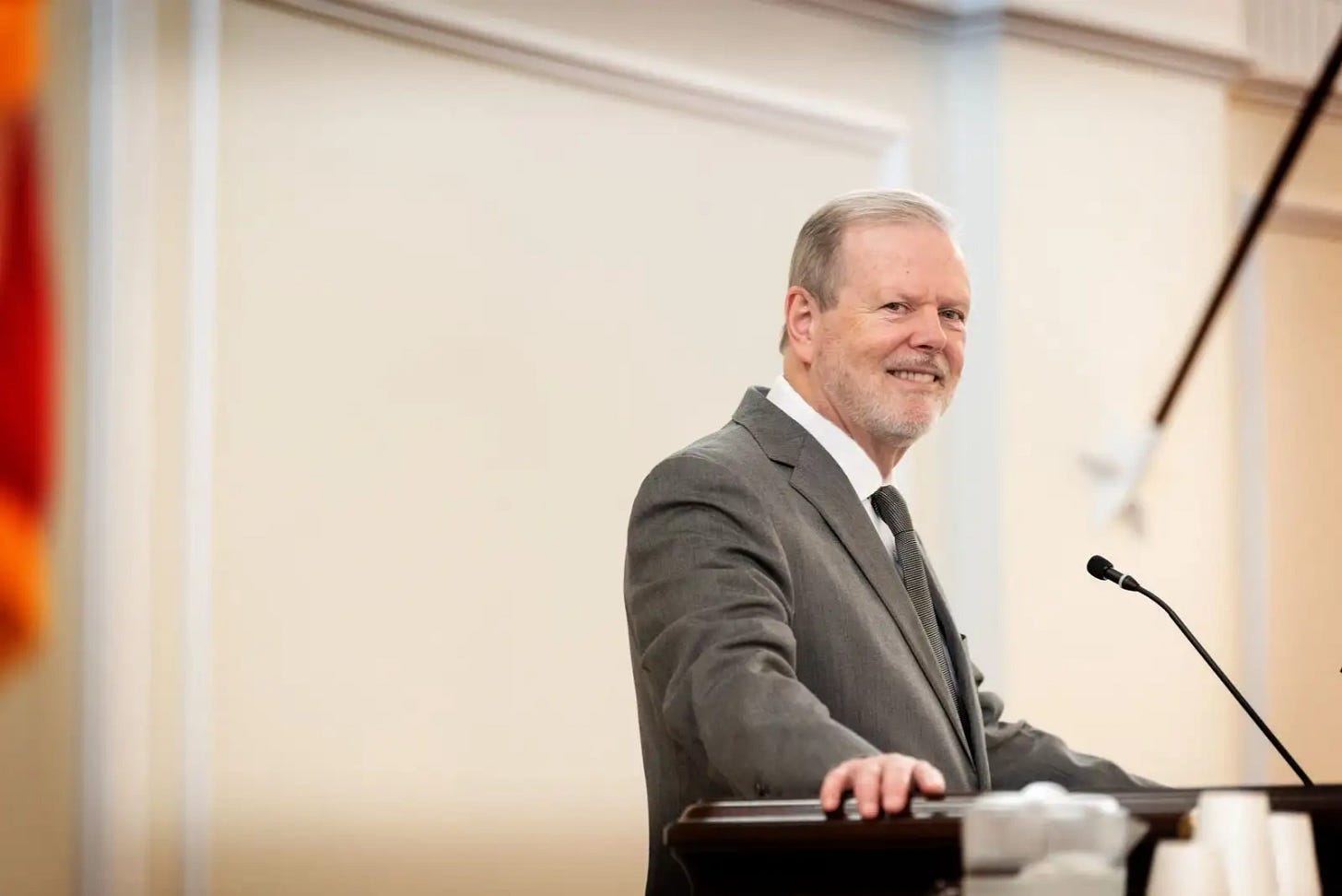Why Sen. Berger's opening speech missed the mark
In an anxious time, a rosy picture of North Carolina doesn't quite resonate
As Senate President Pro Tem Phil Berger struck the gavel on the opening day of the long session, he painted a rosy picture of North Carolina and his party’s work to transform it.
“Over the last 12 years and following the simple formula of lower taxes, less regulation, and a commitment to quality education, our state has flourished,” he told the chamber, according to a copy of his prepared remarks. “North Carolina regularly ranks as a top state for business and jobs. We continue to recruit and attract a wide variety of employers and entrepreneurs to the state.”
The job now, he said, is to build on that success — continuing to lower taxes, repeal regulations and invest in infrastructure.
He’s right, of course. But he’s also dead wrong.

Before we start in, it’s important to recognize how things were in North Carolina before the GOP took control of the General Assembly. In his speech, Berger noted that the state faced a recession-induced $2.5 billion deficit …
